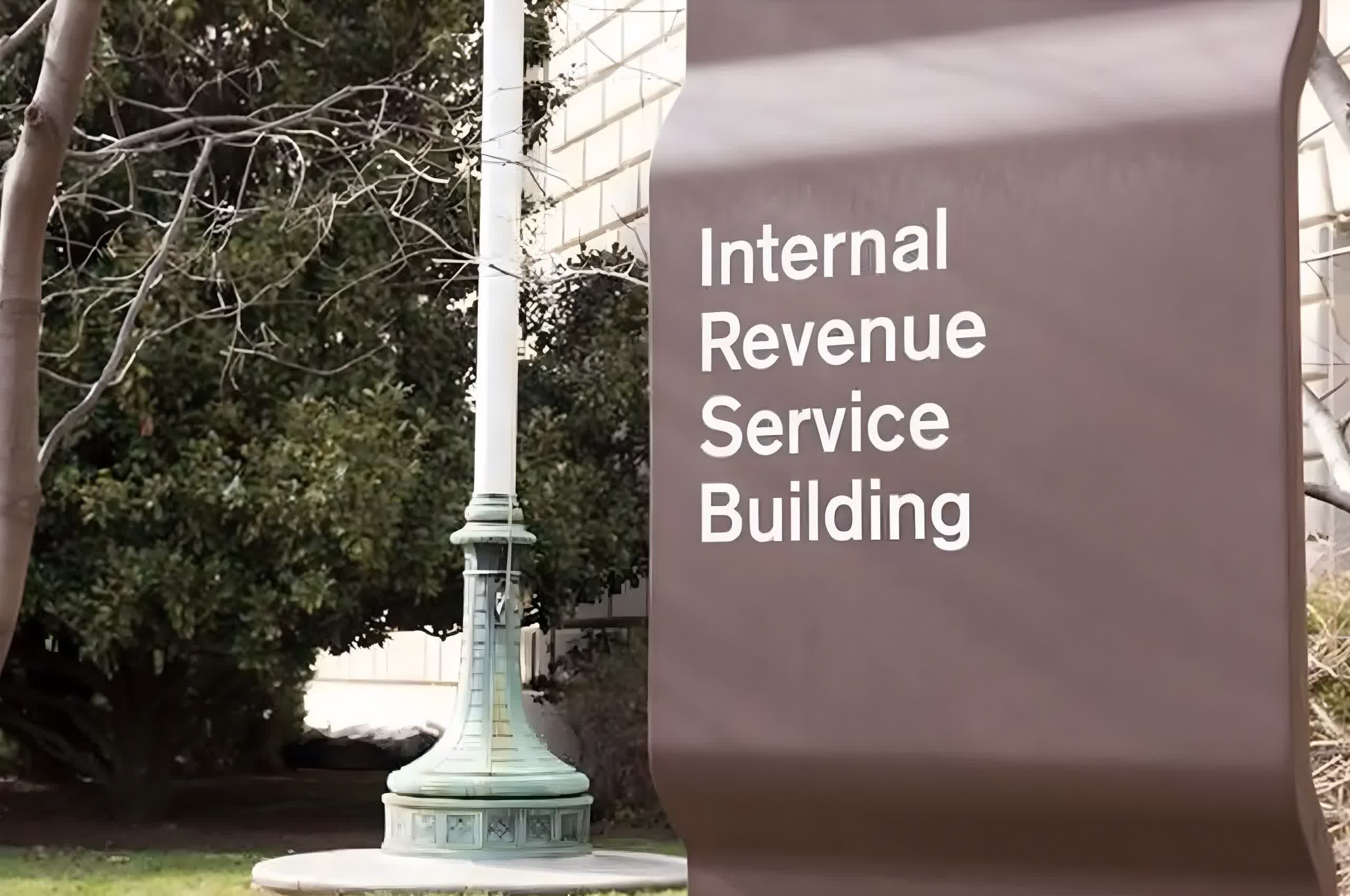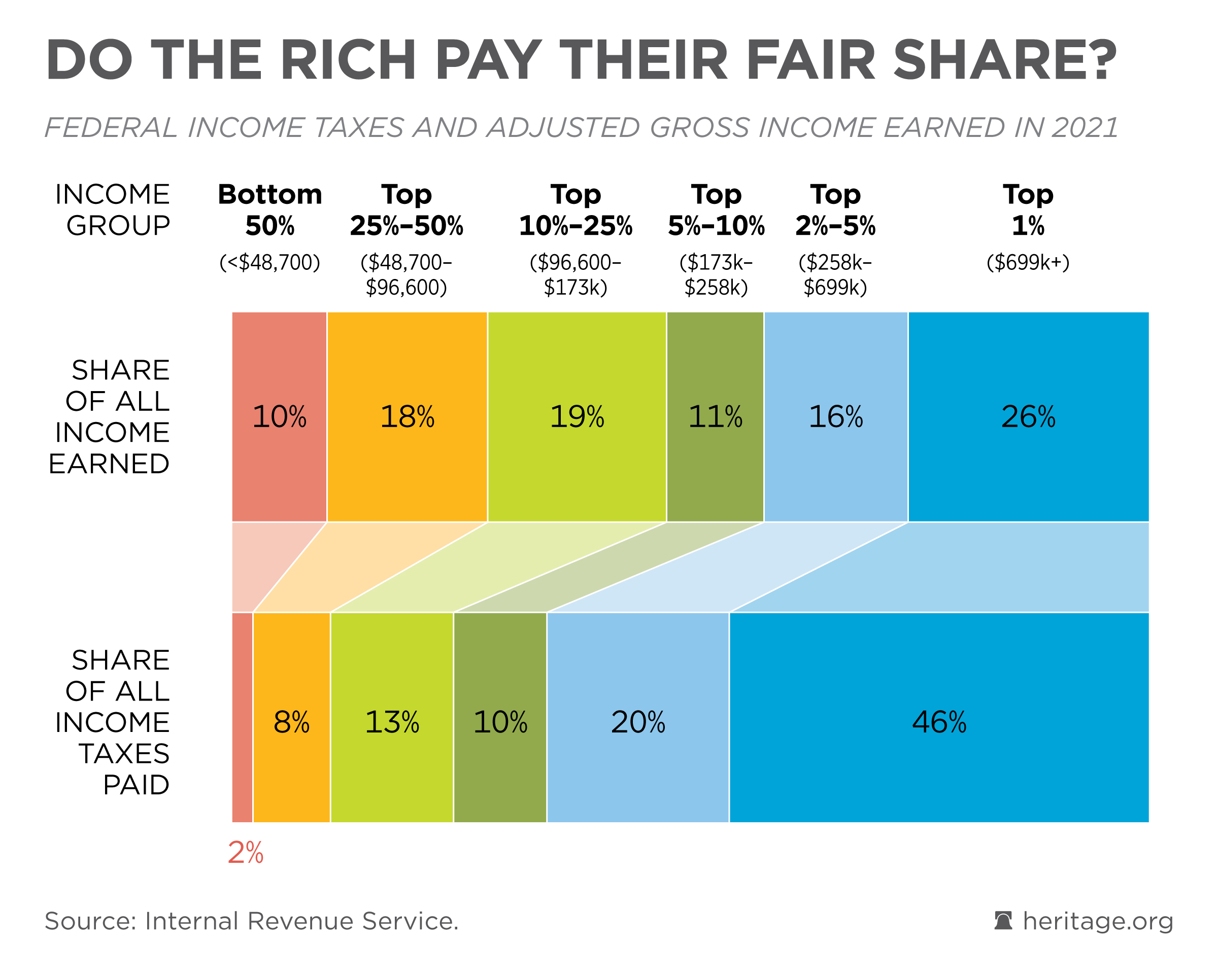WTF?! The IRS has a problem, which means the American taxpayers have a problem. The agency heavily relies on systems that are more than 60 years old and are still being used to process tax returns and manage people's personal data. Despite spending hundreds of millions of dollars on updates over the years, an audit has found that the IRS still lacks a clear strategy to modernize these legacy systems, leaving taxpayers vulnerable to delays and security risks.

As the agency tasked with managing the nation's tax infrastructure, the IRS is caught in a technological time warp, struggling to keep pace with the demands of modern-day efficiency and security through its aging IT infrastructure.
This struggle has been exacerbated by the closure of the IRS' Technology Retirement Office, which was responsible for managing the decommissioning of legacy IT systems and has left the agency without a clear strategy for modernizing its technology infrastructure.
The decision to close the office has been criticized in a new report by the Treasury Inspector General for Tax Administration (TIGTA), which warns that without a dedicated program, the IRS will continue to struggle with rising IT costs and increased security risks. Yet the IRS has opted not to reestablish the office. Instead, it plans to integrate these responsibilities into its Transformation and Strategy Office by September 2025, raising questions about the agency's commitment to addressing its technological challenges.
The IRS's track record in modernizing its technology has been, at best, inconsistent. Despite years of urging to update its systems, the agency has successfully implemented only two out of four recommended strategies.
According to TIGTA, the remaining two strategies were poorly executed and lacked the necessary strategic oversight for managing legacy systems – a responsibility that the now-defunct Technology Retirement Office was meant to handle. While the IRS has identified 107 out of 334 legacy systems for retirement, it has developed concrete decommissioning plans for only two, a significant shortfall that raised the ire of TIGTA.

Legacy systems at the IRS are defined as those using outdated technology that remains critical to operations, typically with an application age of 25 years or older. However, TIGTA's analysis revealed that this definition was not applied accurately, resulting in the misidentification of certain systems as legacy.
In fact, TIGTA identified more legacy systems than the IRS was aware of, demonstrating the embarrassing fact that the agency doesn't fully understand its own technology.
The consequences of poor legacy system management are evident in the IRS's escalating IT infrastructure costs, which have risen by 35% from $2 billion in 2019 to $2.7 billion in 2023. This trend is expected to continue unless more legacy systems are retired.
Meanwhile, its operations are dangerously close to breaking down due to the outdated technology, with 33% of applications, 23% of software, and 8% of hardware considered obsolete yet essential for daily operations. Some systems date back to the 1960s and rely on programming languages like COBOL and assembly language, developed in the 1950s.
Moreover, the IRS faces a critical shortage of personnel skilled in maintaining these outdated systems. The use of obsolete technology deters the agency from recruiting new talent, exacerbating its staffing challenges, according to a separate report by the Government Accountability Office.
For taxpayers, it is a grim and alarming picture of an agency that has such a significant impact on Americans' financial lives.
Image credit: Jonathan
IRS' aging tech infrastructure is costing money and putting taxpayers at risk


